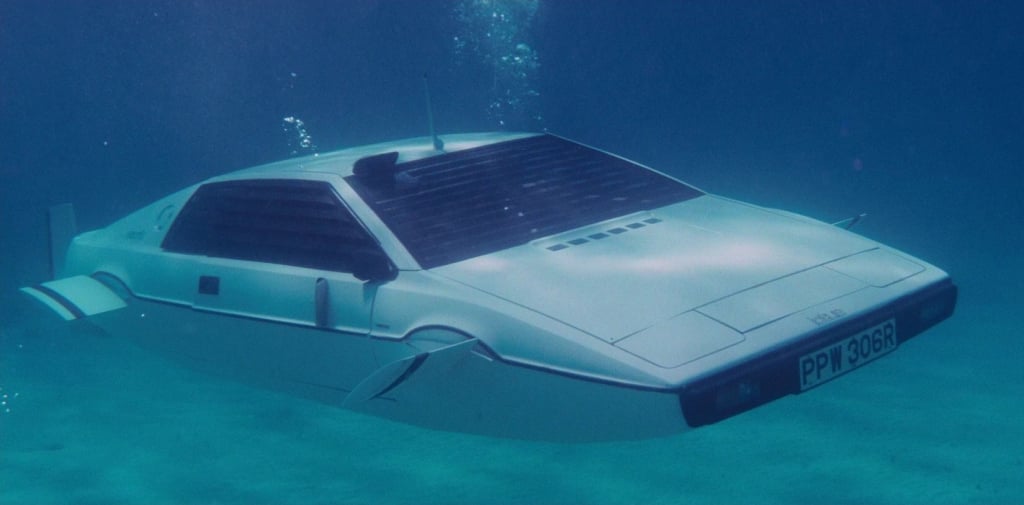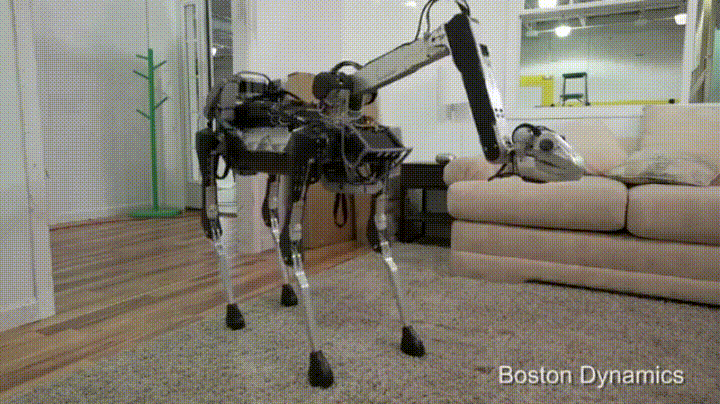Here’s How the CIA Taps Start-Ups to Make Killer Spy Tech
The future of espionage is in Silicon Valley.

The CIA once was pretty much hidden behind a virtually impenetrable field of secrecy. The complications of a connected world today makes that impossible.
So the Central Intelligence Agency rolled with it, and as Real Clear Life reports, some information on modern spy tech is easy to view on an accessible website for the CIA’s non-secret investment company, In-Q-Tel (the “Q” was an intentional nod to James Bond‘s famous jacked-up IT guy).
https://www.youtube.com/watch?v=q7wGwiFsIRI
As Lee Ferran writes for RCL, In-Q-Tel has been around for nearly 20 years and was the result of what was for the time a truly original concept. The CIA basically said, writes Ferran, “If the private sector can make a lot of the high-tech things the CIA wants, why not publicly put some skin in the game to help ensure the company’s success?”
The CIA is actually a pretty stuffy, technocratic institution on the surface (see the dry-ass video above), but it can’t do its work without a constantly updated infusion of tech innovation.

At the end of the 20th Century, the agency realized it wasn’t keeping up with the pace of developments that could aid its work:
In the digital boom of the late 90s, the CIA “felt itself being left behind,” Yannuzzi said. “The Agency’s leadership recognized that the CIA did not, and could not, compete for IT innovation and talent with the same speed and agility that those in the commercial marketplace, whose businesses are driven by ‘internet time’ and profit, could… The CIA had to offer Silicon Valley something of value, a business model that the Valley understood; a model that provides those who joined hands with In-Q-Tel the opportunity to commercialize their innovations.”
The pace of tech development in pretty much every sphere has taken off at light speed. So In-Q-Tel has its work cut out for it, reportedly assessing “1,000 companies every year for a potential investment of typically from $500,000 to $3 million.”
Now when the CIA wants to open up a new can of covert whoop-ass on a foreign enemy, it can thumb through a portfolio packed with companies it might be able to tap for new tools in cyber security and “Sensor Technology,” reports RCL.
https://www.youtube.com/watch?v=DsvPfRGjUhM
While some of the companies are completely unsurprising—obvious choices like CyPhy Works, a company that creates “aerial robotics,” aka drones—there are others that are more mysterious. Some delve into potentially creepy stuff like sequencing genomes.
The CIA may have In-Q-Tel’s website open to the public, but other even more secretive government agencies have reportedly followed the same path, and who knows what’s up with them?

One thing for sure is whatever we know from a public website probably isn’t half as fascinating—or badass—as what’s really going on behind the scenes.
